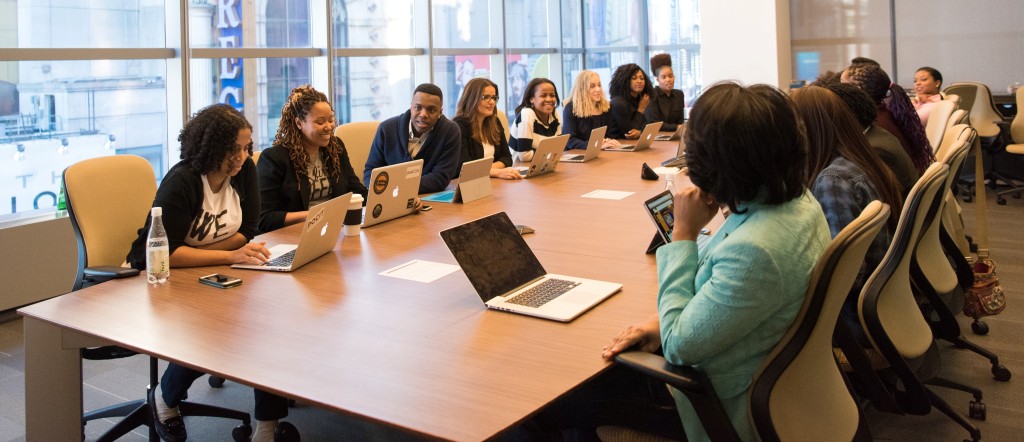
In January 2020, Educational Researcher published an article by Joseph A. Rios, Guangming Ling, Robert Pugh, Dovid Becker, and Adam Bacall titled “Identifying critical 21st-century skills for workplace success: A content analysis of job advertisements.” Here is their definition of 21st-century skills: “a combination of cognitive (e.g., nonroutine problem solving, critical thinking, metacognition), interpersonal (i.e., social), and intrapersonal (i.e., emotional, self-regulatory) skills that are malleable (i.e., potentially responsive to intervention) and relatively stable over time in the absence of exogenous forces (e.g., intentional intervention, life events, changes in social roles)” (p. 1). They note that today’s workers need a broad skill set to deal with the demands of technological advances and globalized workforce, but employers have criticized recent college graduates for lacking these necessary skills when they enter the workforce.
In this article, the authors try to identify these 21st-century skills through a different approach than is normally implemented. They note that previous researchers identified workplace skills in three ways: (1) relying on theorists; (2) job analyses; and (3) employer surveys. As an alternative approach, the conducted a content analysis of online job advertisements posted on Careerbuilder.com and Collegerecruiter.com.
Out of 141,941 job advertisements that they examined, they found that the five most requested fields were business (25%), accounting (14%), engineering (13%), computer science (11%), and nursing (6%). They also found that 70% of advertisements requested at least one 21st-century skill and that an average of 1.69 unique skills were mentioned in these advertisements.
The five most highly requested skills were the following:
- Oral communication (28%)
- Written communication (23%)
- Collaboration (22%)
- Problem solving (19%)
- Communication skills (14%)
Of course, “communication skills” could be broken down into oral or written communication skills, which would push their percentages even higher.
Other skills mentioned were social intelligence (12%) and self-direction (10%), followed by professionalism, creativity, adaptability, service orientation, continual learning, and cultural sensitivity.
Leave a comment